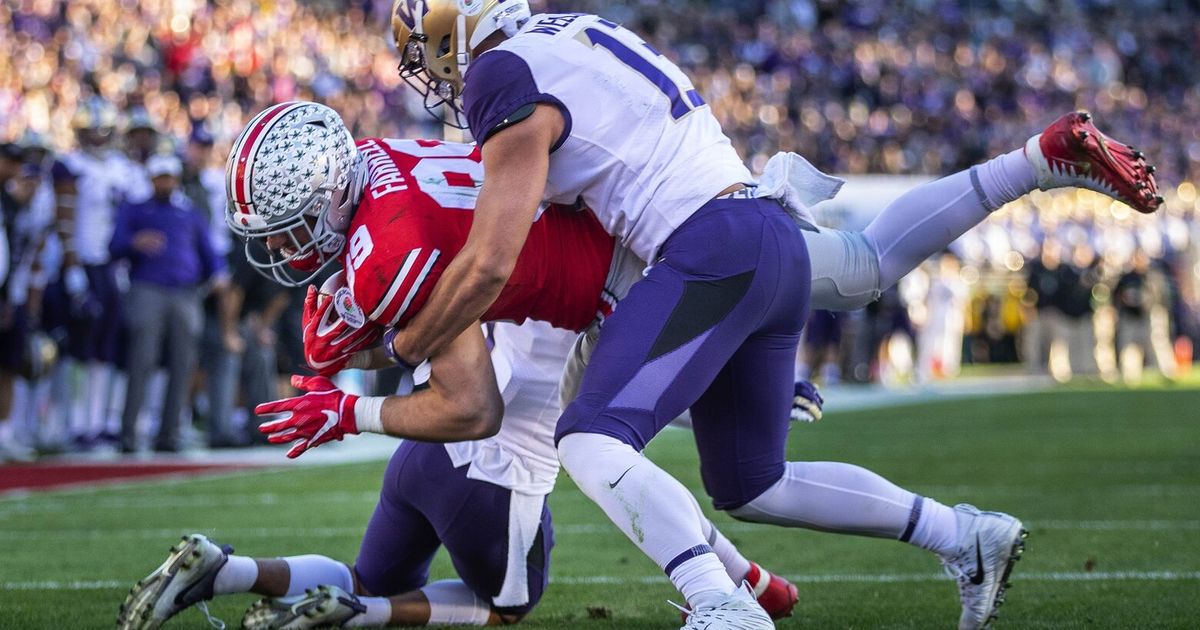I also very much doubt that anyone in academia writes grant applications with academic affiliation in mind. However, I don’t think that Tony Altimore would say that either. I think the idea is that the athletic affiliation has some spillover effect on academic reputation and R&D funding on the macro level. I think he has made some solid arguments and certainly shown some correlation. There is no proof of causation.
I would equate athletic affiliation to what the military would refer to as soft power.
Again, if you watch the video, I think some good arguments were made, but they certainly fall short of proof. We can also say that no school has downshifted to an inferior conference in the past 40 years, at least none that I could identify.
The second part of Tony Altimore’s argument has been fairly well ignored too. That is, the Big 12 signed a 99 year grant of rights. Some has burned off, but for arguments sake, pretty much everyone alive today will be dead when that grant of rights terminates. The GOR calls for any exiting member to pay 2x the annual conference per school revenue as an exit fee. He also showed that with the media contract, plus the extra $20 million from the expanded playoff, the exit fee would now move from $50 million that was charged to OU and Texas (each) to $100 million.
So, the argument proffered is that any school leaving the PAC 12 to the Big 12 would be 1) downshifting significantly in academic prestige which has never been done before, 2) the PAC 12 school would then be largely locked into the Big 12 for damn near forever, and 3) is it worth it to move over a few million dollars when that amounts to a rounding error on these massive university budgets?
The combination of these three points seemed rather compelling to me. I think they might also be compelling to university presidents.
I agree that individual professors writing grant requests give zero ****s.



